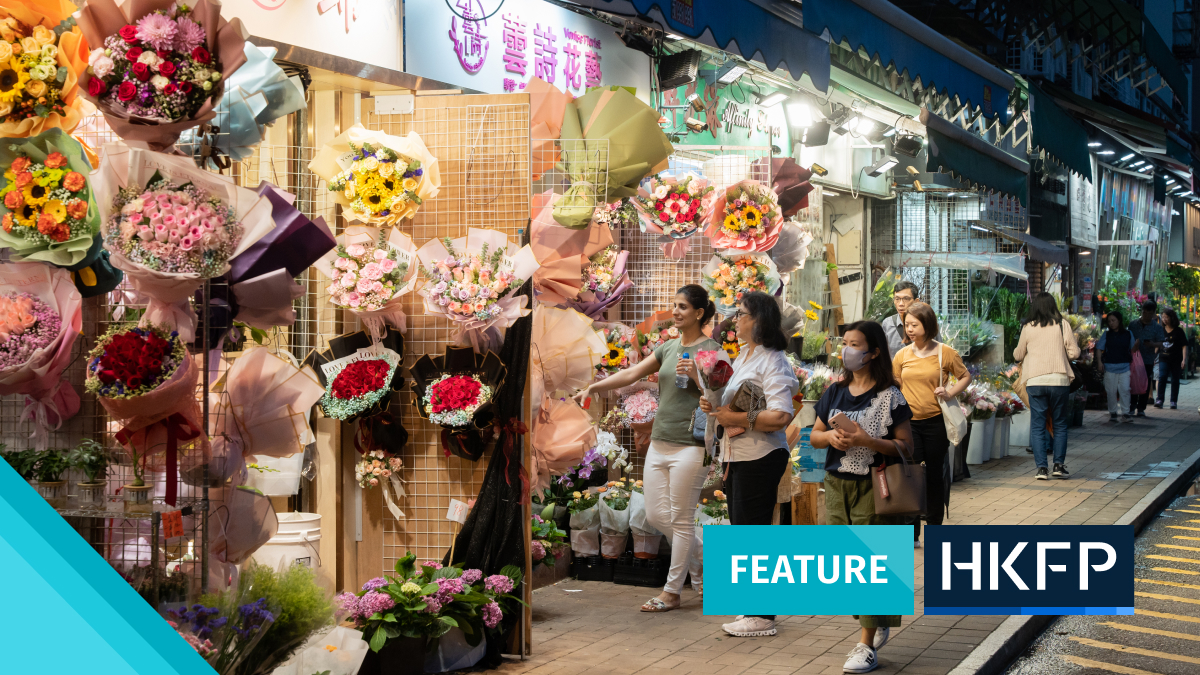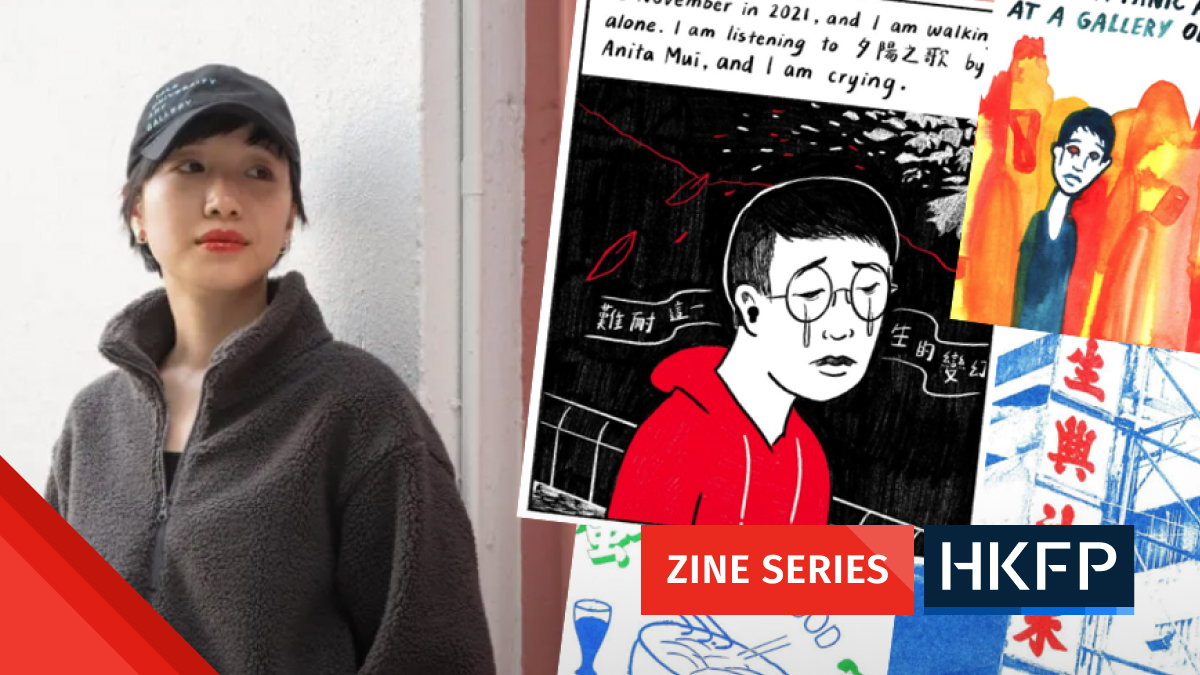Hong Kong Chief Executive John Lee is set to give his second Policy Address this coming Wednesday, during which he will announce a raft of measures – across sectors, from social welfare to finance to infrastructure – for the years ahead.

While some policies announced by Lee in his maiden address were rehashed from his predecessor Carrie Lam, including the Kau Yi Chau Artificial Islands development project off Lantau Island and a transitional housing scheme, Lee did introduce a number of new measures last year.
Among them were: the establishment of neighbourhood care teams, a programme pairing underprivileged teens with mentors, and a talent attraction scheme to lure professionals to the city amid an exodus.
Ahead of Lee’s second Policy Address, HKFP reviews the progress of the three measures and how stakeholders have reacted.
Community care teams
Lee announced in his Policy Address last year that the government would introduce District Services and Community Care Teams, also known as Care Teams, to organise “caring activities” and promote community building, targeting low-income residents and the elderly.
Overseen by the Home Affairs Department (HAD), teams were launched in Southern and Tsuen Wan districts in April and May, respectively, and in the remaining 16 districts in September.
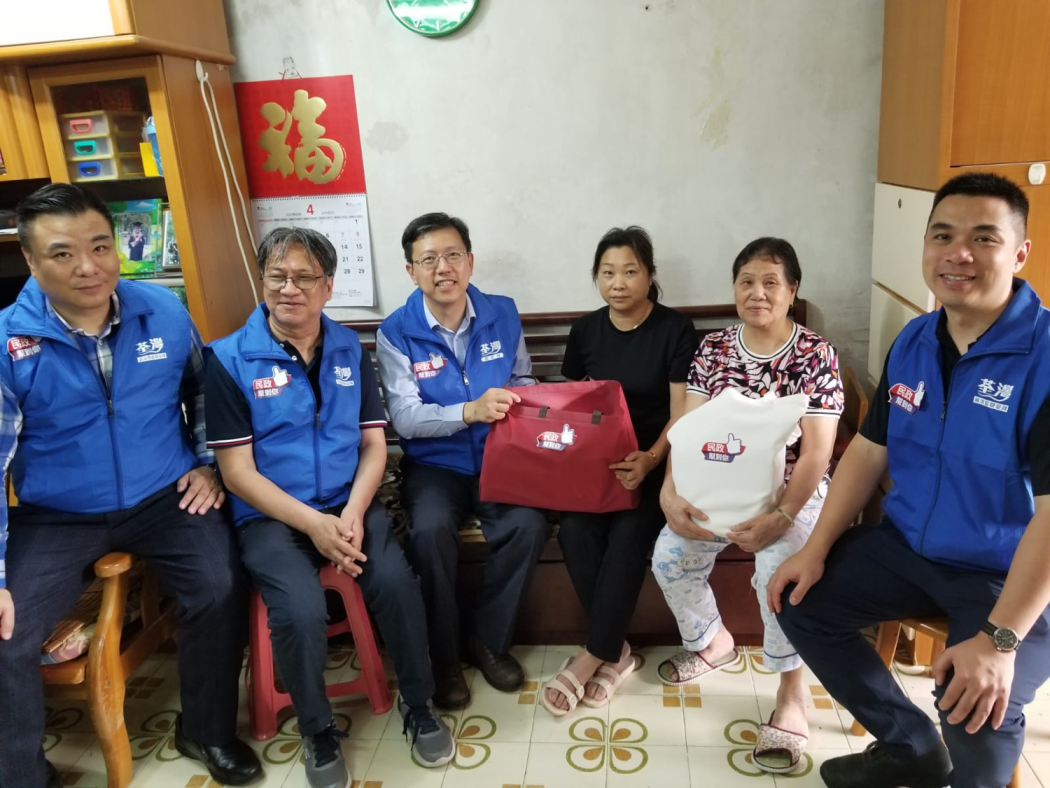
There are a total of 452 care teams, each with eight to 12 members appointed by pro-establishment groups selected by the government to run the teams.
A significant number of Care Team captains and vice-captains are pro-establishment figures who lost in the District Council elections in 2019, when the pro-democracy camp won a landslide victory. Analysis by HKFP revealed that, in Sha Tin, the district with the most constituencies, 28 of 41 constituencies had Care Teams in which the captain or vice-captain were pro-establishment figures defeated at the ballot box four years ago.
HKFP called more than 20 Care Teams in the Southern and Tsuen Wan districts to seek interviews with their captains or vice-captains. The contact information for Care Teams in other districts was not available on the HAD’s website.
Almost half of the calls went unanswered, while the others said they would pass the message to the person in charge. A member of the Aberdeen Care Team in the Southern District told HKFP that it was unable to accept interviews that had not been arranged through the HAD.
According to key performance indicators (KPIs) for each Care Team, which are listed on the HAD’s website, they are meant to conduct home visits and health check-ups for the elderly. Teams are also expected to hold patriotic events, such as celebrating the anniversaries of Hong Kong’s Handover to China, and China’s National Day.
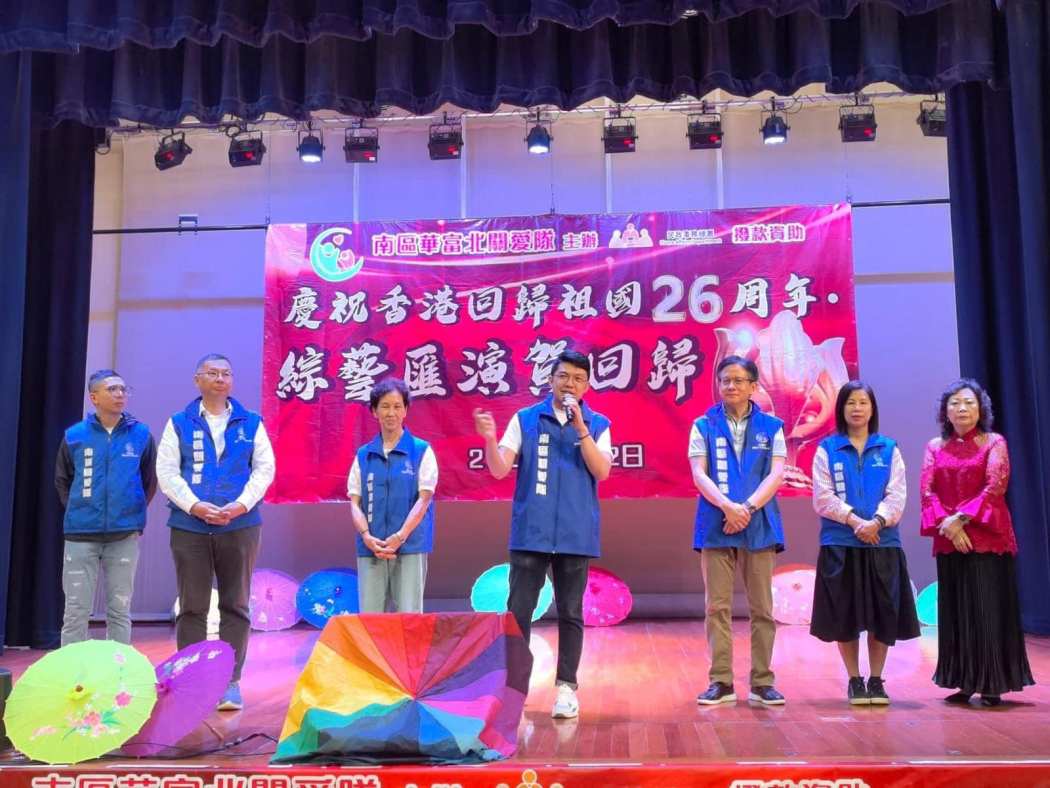
In response to HKFP, the HAD said patriotic activities were “part and parcel of community building.”
Sze Lai-shan, the deputy director of the Society for Community Organization (SoCO), told HKFP that she was not familiar with the work of Care Teams.
The NGO that serves vulnerable communities in Hong Kong has few connections in the Southern district, a wealthier area of Hong Kong. But some of its beneficiaries live in Tsuen Wan, where the Care Teams were set up in May.
Sze said she had not heard of residents there saying they had interacted with the Care Teams, adding that it was still early days – Care Teams in Tsuen Wan had only just been set up – and time would tell what kind of contribution they would make to communities.
“It would be good if the Care Teams could do some home visits and identify cases that are hidden from society,” Sze said. “They could pass those cases on to [SoCO] and we could follow up.” Sze, like everyone interviewed for this story, spoke to HKFP in Cantonese.
Care Teams have been seen mobilising in the aftermath of recent record-breaking rains and typhoons. Last month, members of the Southern District Care Teams inspected damage resulting from a historic deluge, and delivered supplies to residents of Shek O, who were briefly cut off from the city by landslides.
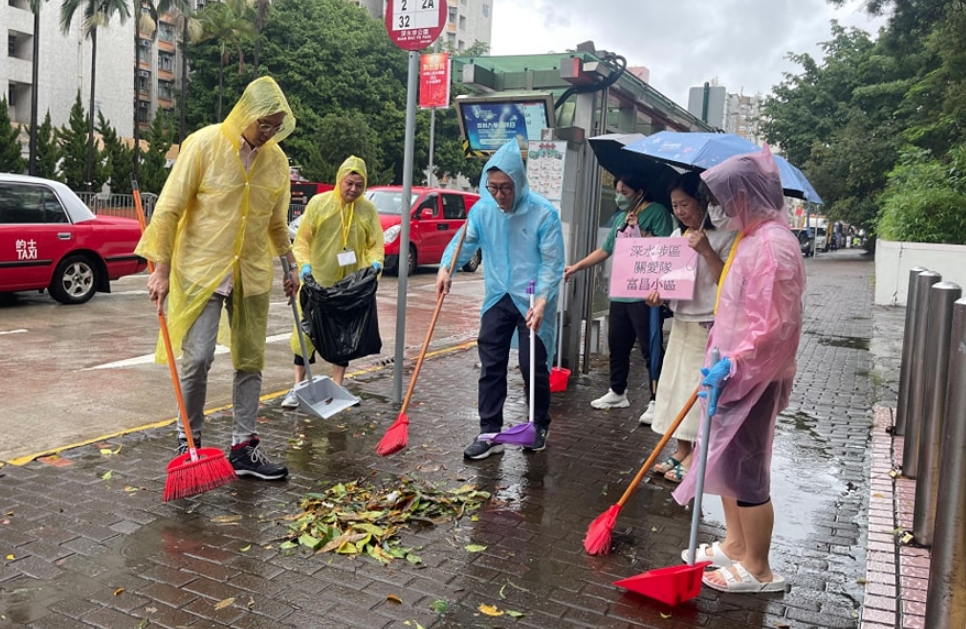
After Typhoon Koinu earlier this month, online posts showed Care Teams in Sham Shui Po sweeping leaves and unclogging drains as one person held a laminated sign with the name of the sub-district Care Team. On social media, people called the clean-up operation a publicity stunt.
Lawmaker Scott Leung, who is a member of the Fu Cheong team, told local media outlet InMedia that the teams had signs because their uniforms, which are emblazoned with the Care Team names, were not ready yet. He added that the operations needed to be recorded as the teams had to “hand in a report.”
Leung declined an interview with HKFP, with his assistant citing his busy schedule.
Tik Chi-yuen, a lawmaker who represents the social welfare sector, said he understood that the Southern and Tsuen Wan district Care Teams had “started” work, but that he did not know much as he did not have an office in those districts.
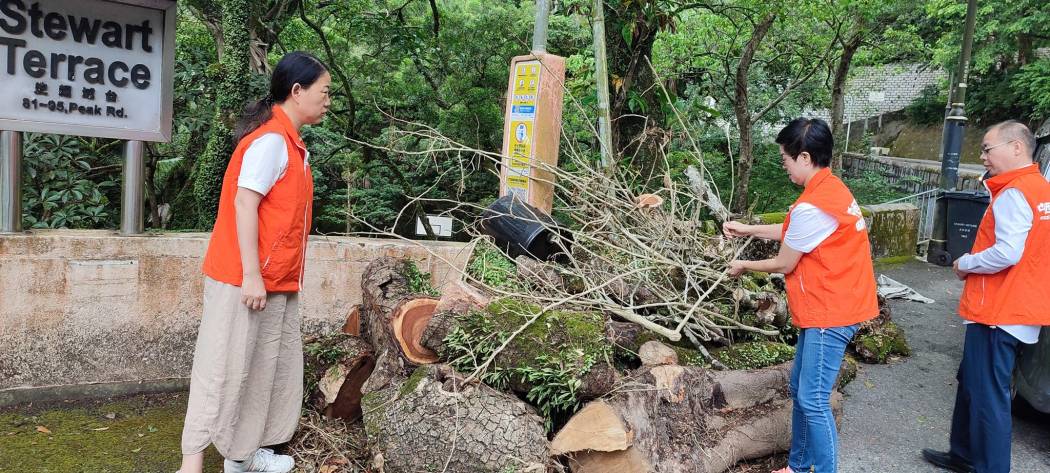
On whether patriotic events should be part of the KPIs for Care Teams, Tik said it was “not a bad thing” to encourage a sense of belonging to the country.
“But that should not be the main thing,” he told HKFP. “Otherwise, it becomes like a government PR job.”
Strive and Rise
Another key measure announced in Lee’s first Policy Address was the Strive and Rise Programme, a year-long mentorship scheme targeting students from low-income families.
Through referrals from schools and NGOs, the programme took on 2,800 secondary school students, many of whom live in subdivided flats. According to the scheme’s website, each youngster is paired with a mentor, who shares their “life experience” to help the students build confidence and develop personal goals.
Students who join the programme receive HK$10,000. The first half is disbursed at the beginning for them to “take forward their personal development plans,” and the second half upon completion of the scheme.
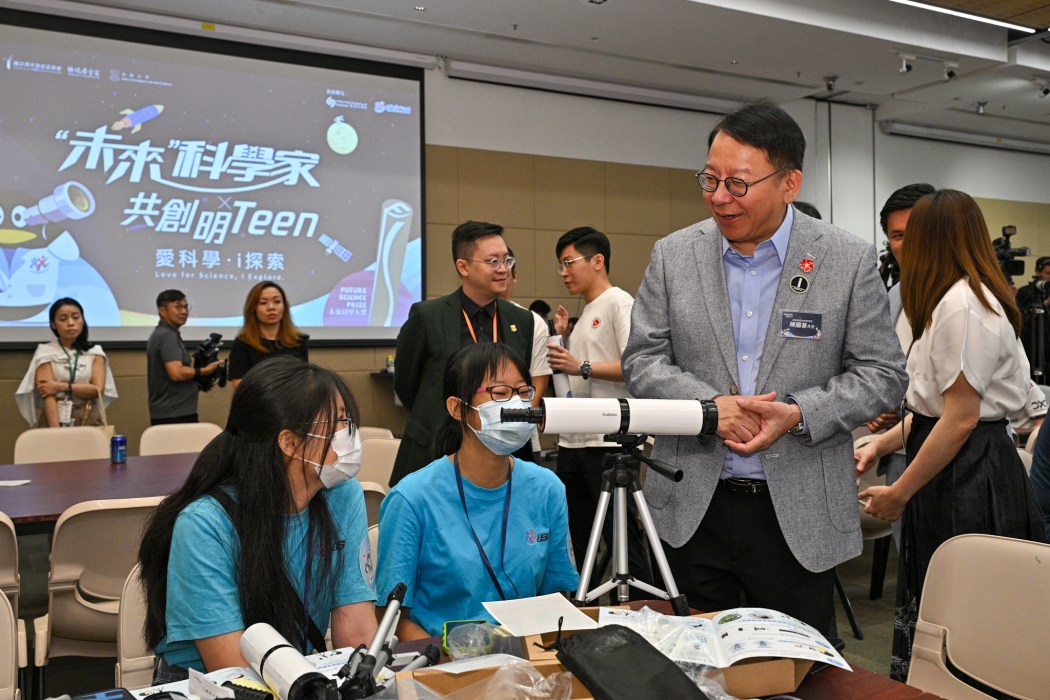
Participants also had to join activities organised by government departments or partner organisations, such as visits to universities, the Kwai Tsing Container Terminals and the Hong Kong Jockey Club’s jockey training school. A list of activities was available on the programme website for students to choose from.
The programme began last October and ended in September, according to its website.
But NGOs told HKFP that some students’ experiences of the scheme had been compromised by the quality of mentors, as they were often busy and not particularly experienced when it came to working with teens. Instead of being publicly recruited, all the mentors were referred to the programme by companies that were invited to join by the government.
Wong Man-ling, a member of the NGO Alliance for Children Development Rights, said that in order to receive the final HK$5,000 upon completion of the programme, participants had to take part in five activities with their mentors in attendance – but many of the youngsters had not met this quota.
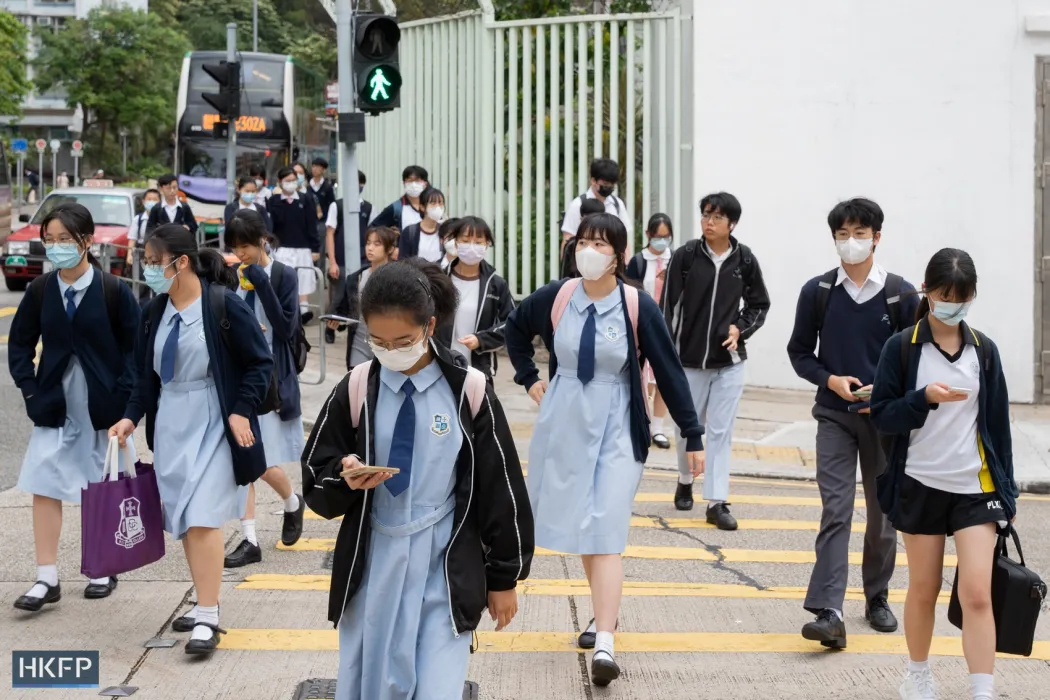
“Most of the mentors work in the business sector. They are often not in Hong Kong because they are travelling, so there are a lot of scheduling conflicts,” Wong told HKFP.
The Social Welfare Department (SWD), which is overseeing the project, told HKFP the scheme had been extended.
“To allow more time for the mentees to participate in various activities, the first round of the [p]rogramme will end after the mentees have attended the graduation ceremony to be held later this year,” the department said.
Wong said it would be ideal if the government could recruit a more diverse pool of mentors working in different industries such as education and social welfare, and who would be more passionate about interacting with young people.
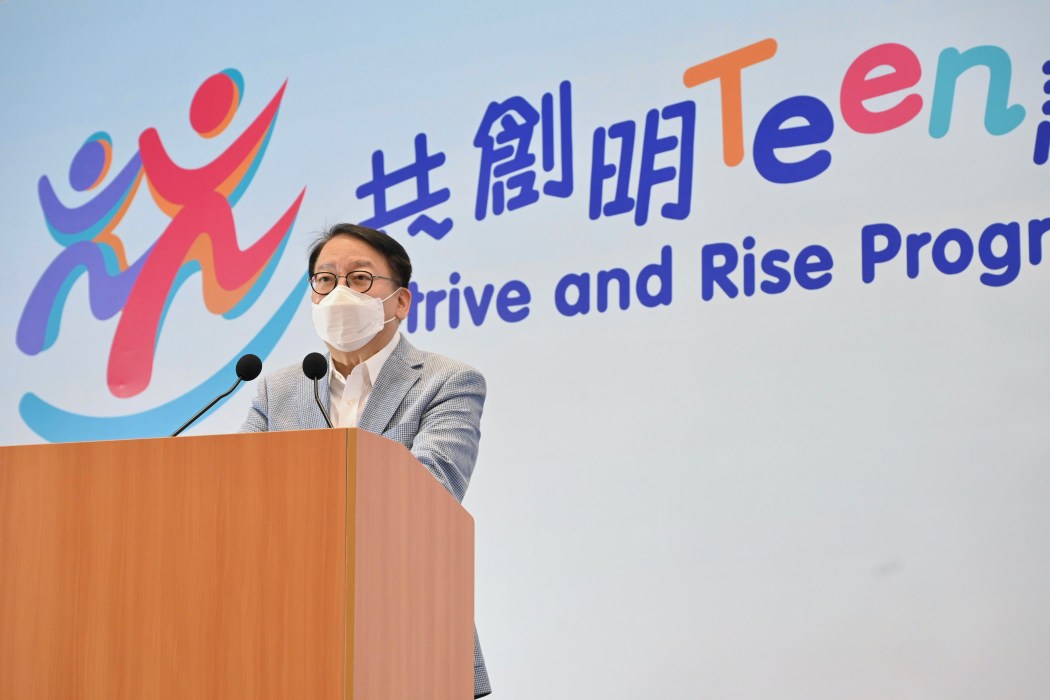
The programme is being run by the government’s new Task Force to Lift Underprivileged Students out of Intergenerational Poverty, led by Chief Secretary Eric Chan.
SoCO’s Sze said that beyond the activities they attended together, there was little communication between the mentors and the youngsters. She also said the length of the programme, one year, was too short for participants to build strong and worthwhile relationships with their mentors.
The government announced in June that it would renew the program for a second year. In a list of suggestions published in September, SoCO said more training should be provided to mentors so they can better understand their responsibilities. The government should also consider increasing the number of participants, as well as expanding the programme to upper primary students, SoCO added.
Meanwhile, Tik cast doubt on whether the programme was truly an effective poverty alleviation measure, as touted by the government.
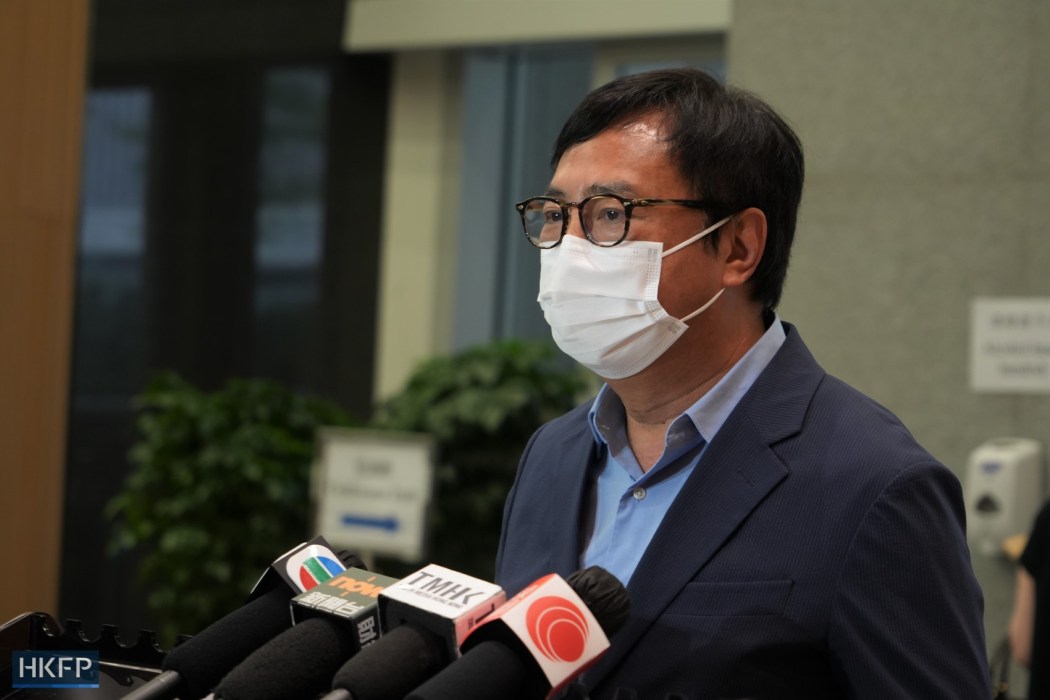
“The mentors can help them see more of the world and widen their horizons,” Tik said. “But what is the relationship between that and lifting students out of poverty?”
He said the government needed to develop more comprehensive policies to tackle intergenerational poverty – a deep-rooted, increasing, and complex issue in Hong Kong.
The SWD did not respond to questions about how it might ensure the commitment of mentors going forward, and how the scheme addressed youth poverty.
Talent attraction
Talent attraction measures announced during Lee’s Policy Address have been a priority of his administration, aimed at attracting professionals to the city amid an exodus often attributed to the city’s political situation and strict rules during Covid-19.
One such policy was a new immigration route called the Top Talent Pass Scheme, which allows university graduates and high earners to live in the city for two years without first obtaining a job offer.

Those admitted under the scheme must show proof of employment to be granted a second, six-year visa, allowing them to more easily meet the seven-year requirement for right of abode than those on other visa schemes.
Since the scheme began accepting applicants last December, it has approved almost 40,000 visas as of the end of September, according to the Immigration Department. The majority of applicants – 95 per cent – are from mainland China.
Lee has hailed the number of applicants as a success, calling it proof of Hong Kong’s attractiveness. But there is little information about whether the visa holders have actually made the permanent move to Hong Kong, as the visa itself does not require them to live or work in the city.
The Immigration Department said that among the applicants, over 21,000 had arrived in Hong Kong. But the department told HKFP it did not have figures for how many had settled in the city.
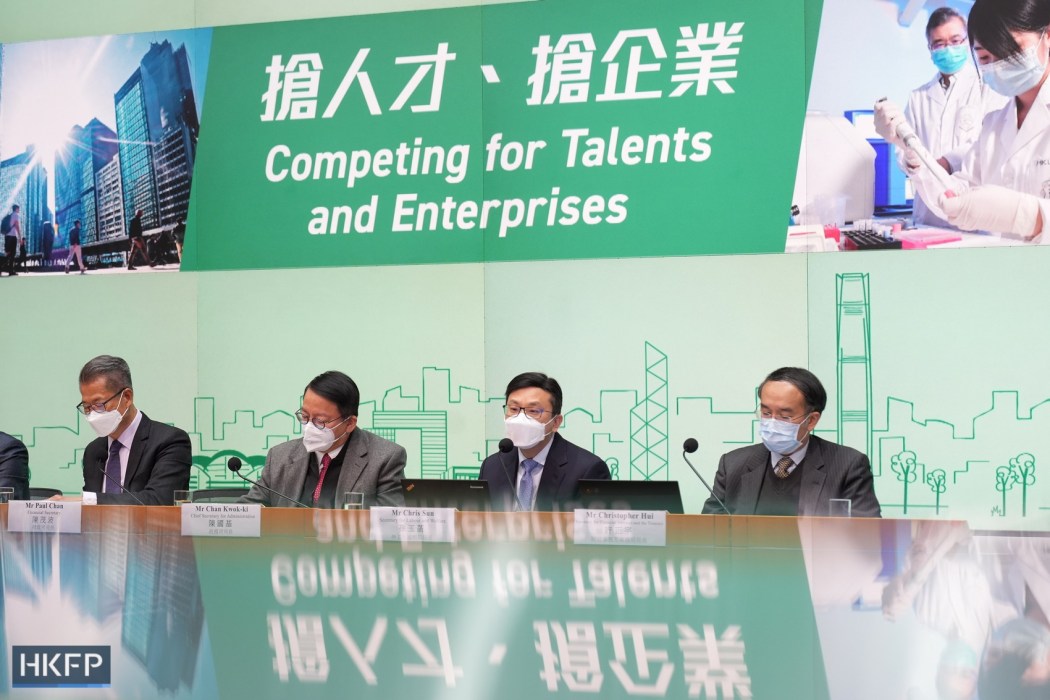
According to local media outlet The Collective, some mainland Chinese residents approved under the scheme had little intention of moving to Hong Kong, at least in the near future. Instead, they saw the visa as an “escape option.”
Other mainland Chinese applicants – who would ordinarily have to apply for permits to enter Hong Kong – have also touted the visa as an easy-to-obtain two-year travel pass, allowing them to come to the city to shop, eat and watch movies, overseas outlet Points Media reported.
Support HKFP | Policies & Ethics | Error/typo? | Contact Us | Newsletter | Transparency & Annual Report | Apps
Help safeguard press freedom & keep HKFP free for all readers by supporting our team

Original reporting on HKFP is backed by our monthly contributors.
Almost 1,000 monthly donors make HKFP possible. Each contributes an average of HK$200/month to support our award-winning original reporting, keeping the city’s only independent English-language outlet free-to-access for all. Three reasons to join us:
- 🔎 Transparent & efficient: As a non-profit, we are externally audited each year, publishing our income/outgoings annually, as the city’s most transparent news outlet.
- 🔒 Accurate & accountable: Our reporting is governed by a comprehensive Ethics Code. We are 100% independent, and not answerable to any tycoon, mainland owners or shareholders. Check out our latest Annual Report, and help support press freedom.
- 💰 It’s fast, secure & easy: We accept most payment methods – cancel anytime, and receive a free tote bag and pen if you contribute HK$150/month or more.
MORE Original Reporting
HKFP has an impartial stance, transparent funding, and balanced coverage guided by an Ethics Code and Corrections Policy.
Support press freedom & help us surpass 1,000 monthly Patrons: 100% independent, governed by an ethics code & not-for-profit.






